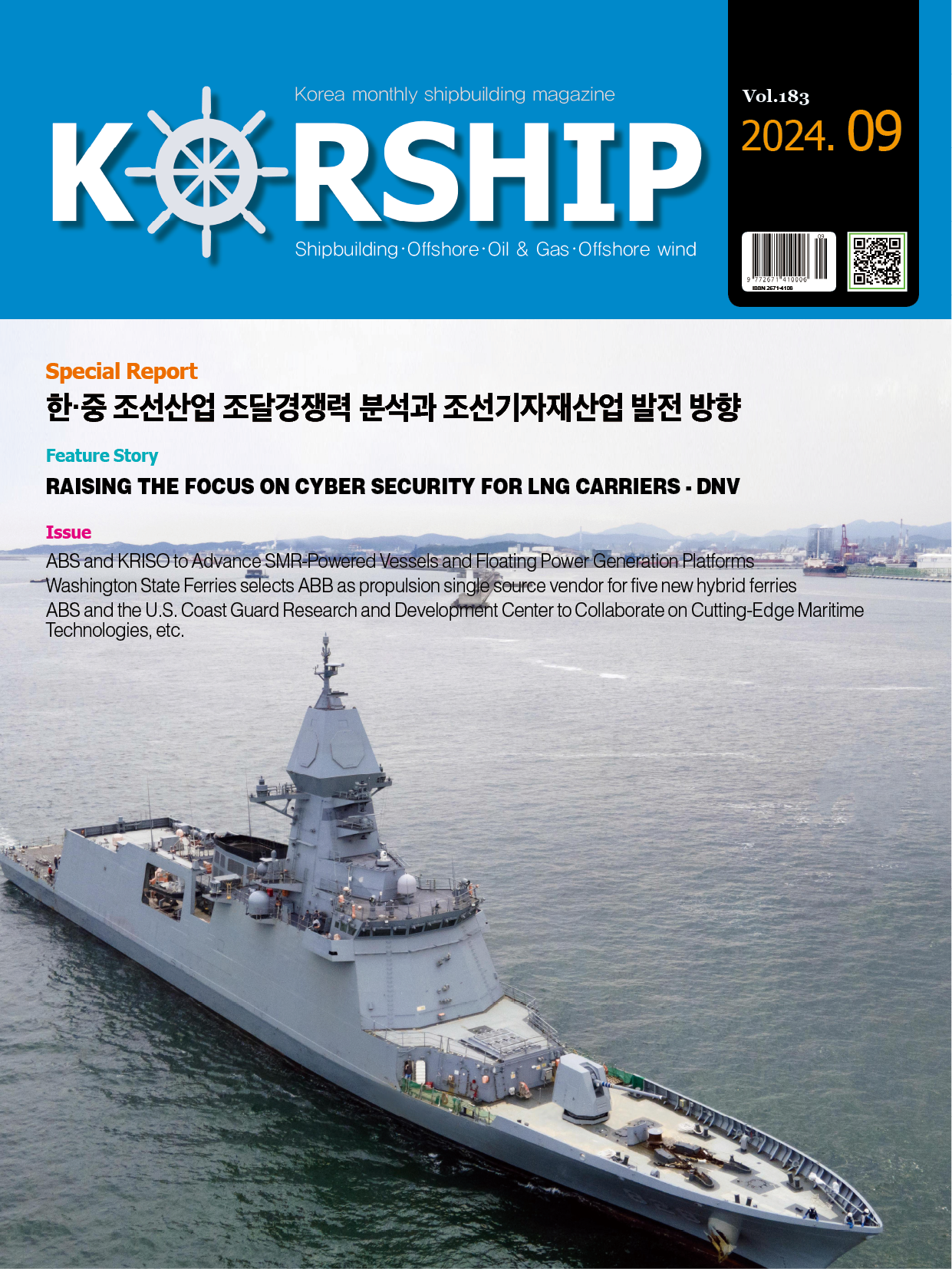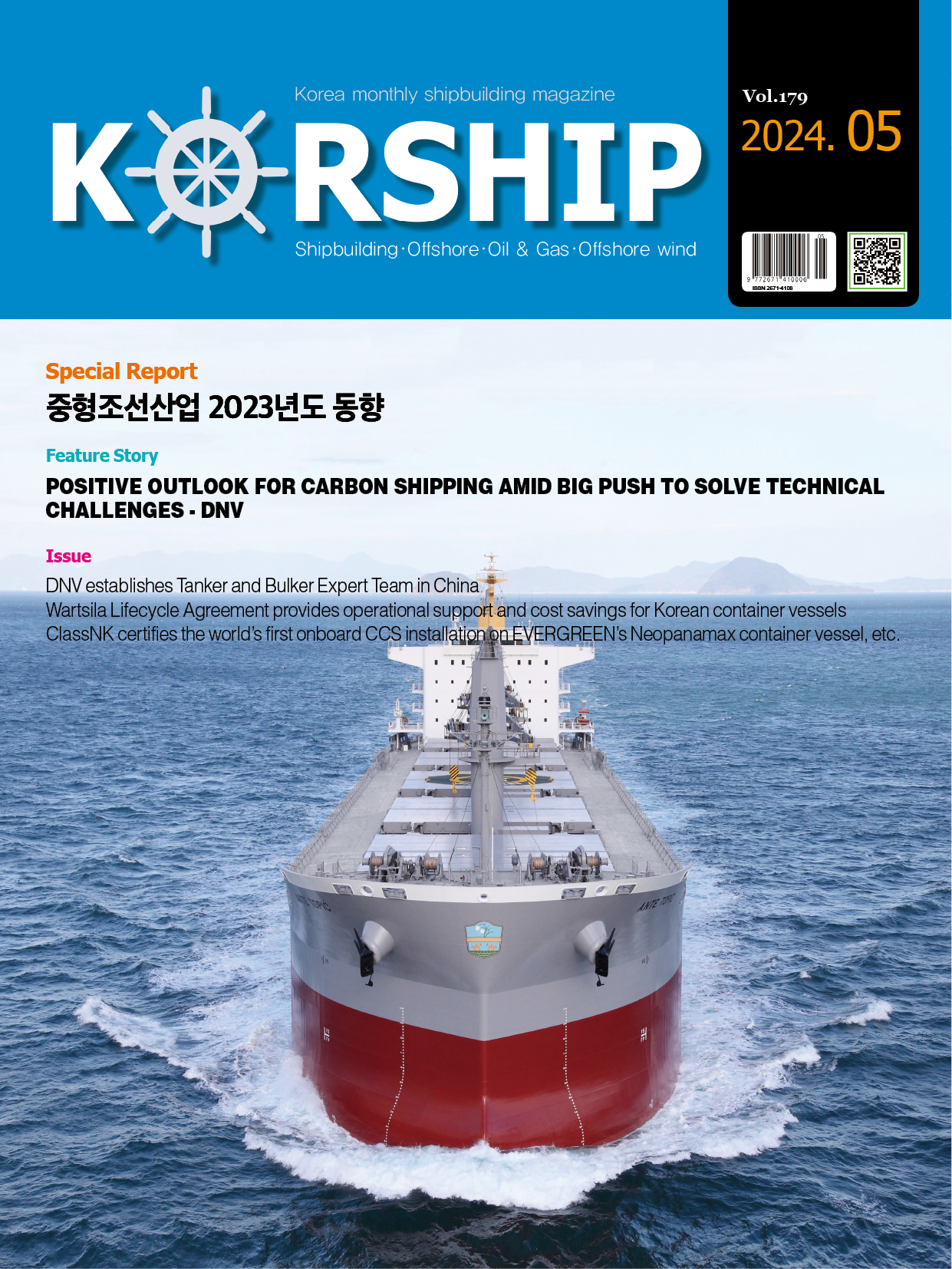Business News World’s first and only global mobile broadband service enhanced with n…
페이지 정보
작성자 최고관리자 댓글 0건 조회 2,997회 작성일 19-08-21 12:53본문

Inmarsat, the world leader in global mobile satellite communications, is to introduce two new satellite payloads dedicated to the Arctic region in a partnership with Space Norway, and its subsidiary Space Norway HEOSAT.
The new Global Xpress(GX) payloads support the rapidly growing demand among both commercial and government users for seamless, reliable, high-speed mobile broadband services in the Arctic and throughout the world. They specifically address rising demand for high-speed mobile broadband Fleet Xpress service capability from the merchant shipping, cruise and fishing sectors, where high-speed broadband connectivity is driving both major operational and efficiency improvements and supporting the introduction of new business models.
Inmarsat’s new Arctic capabilities will further increase network flexibility and efficiency through multi-beam, high-throughput capacity that can be fully dialled up and down depending on customer demand in the region.
Today, the Arctic Circle represents a rapidly growing connectivity region for high-quality mobile broadband with increasing requirements from government, maritime and aviation customers. Building on Inmarsat’s current capabilities up to and beyond 75o North, the new GX Arctic payloads will improve network performance in very high latitudes by flying directly overhead, providing GX antennas with much higher elevation angles to optimise throughput.
High-speed connectivity will be vital to make best use of Arctic offshore exploration and production opportunities as oil prices recover, while melting sea ice is also attracting merchant ships to the shorter east-west transit times available via remote northerly routes. Full production from new north east Russian gas facilities contributed strongly to a record 18 million tons of cargo moving over the Northern Sea Route in 2018, according to Russian Ministry of Transport figures. In addition, a growing number of merchant ships and cruise ships have transited the Northwest Passage, connecting Asia and the East Coast of North America via Arctic seas without incident.
Climate change is also shifting major fish stocks north, with overfishing in traditional grounds driving vessels to spend more time in the Arctic Circle. The trend demands reliable Arctic connectivity for operational reasons but also to support the vessel monitoring that ensures fishing quotas are upheld. In February, the EU and nine nations signed an international treaty banning fishing across 2.8 million km2 of central high Arctic waters.
Meanwhile, the high-value expedition ship market is one of the fastest growing parts of the cruise industry, with 41 smaller exploration ships due delivery between 2019 and 2023.












